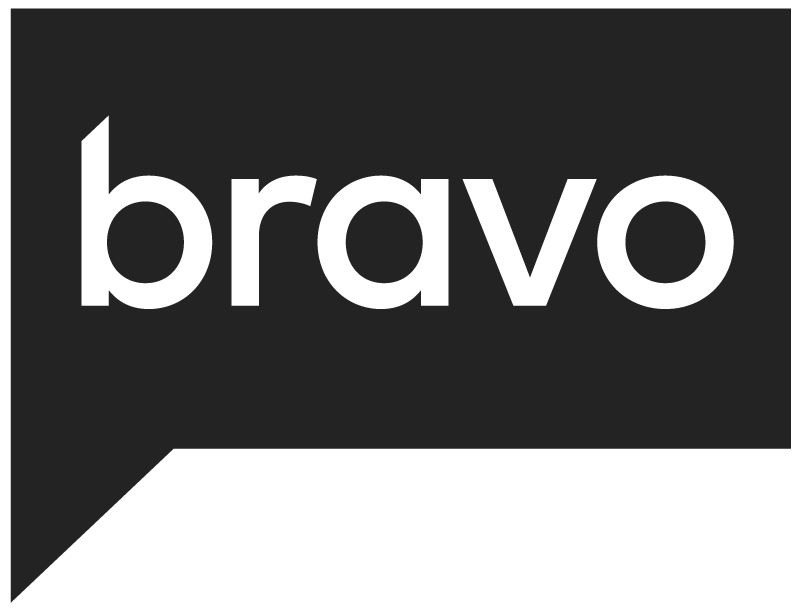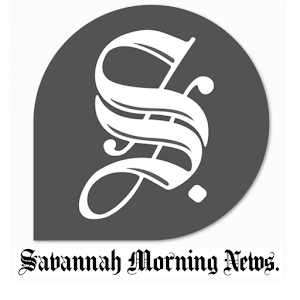Greece Bridge Loan
At a conference call meant to tap the EU’s EFSM emergency fund, Eurozone ministers have recently agreed to give Greece a €7 billion “bridge” loan from an EU-wide fund to keep the country’s finances afloat until a bailout is finally approved. This loan is expected to be confirmed by the European Commission tomorrow, when it will be voted on in the EU Council. Talks on this emergency funding started after the Greek parliament passed a series of tough austerity reforms in a vote late last night. According to correspondents, this should open the way for emergency funding for Greek banks, allowing them to reopen after being closed for nearly three weeks.
Separately, the European Central Bank (ECB) is considering easing a funding crackdown on Greek banks, although correspondents say that a decision might not be immediate. This Monday, Eurozone leaders agreed on the bailout in principle, on the condition that the Greek parliament passed reforms on taxation increases and pension curbs by yesterday. Greek Prime Minister Alexis Tsipras won the parliamentary vote by 229 votes to 64, although he needed the support of opposition MPs to do so. Despite the fact that his left-wing Syriza-led government lost its majority, it’s expected that his government will survive. This paves the way for eurozone finance ministers to open detailed tasks on the bailout, which could be worth up to €86 billion. Earlier today, Finland’s parliament approved the bailout talks, while Germany’s parliament is due to vote on the deal tomorrow. German Finance Minister Wolfgang Schaeuble has said that he’d submit a request for parliament to reopen negotiations on the third bailout with “full conviction”.
Passionate opposition to Tsipra’s reforms has come from within his own Syriza party; parliamentary speaker Zoe Constantopoulou referred to the measures as “social genocide”, while former Finance Minister Yanis Varoufakis said that he was “forced to accept them”. In the meanwhile, the situation in Greece has been anything from ideal; since capital controls were imposed and the banks shut in late June, the Greeks have been limited to withdrawing €60 a day. By July 22, Greece needs to commit to a major overhaul of the civil justice system; it has to agree to more privatization, to review collective bargaining and industrial action and make market reforms. Earlier today, a vote approved an increase in luxury taxes, an increase in corporation tax from 26% to 29% for small companies, increasing the retirement age to 67 and VAT changes.
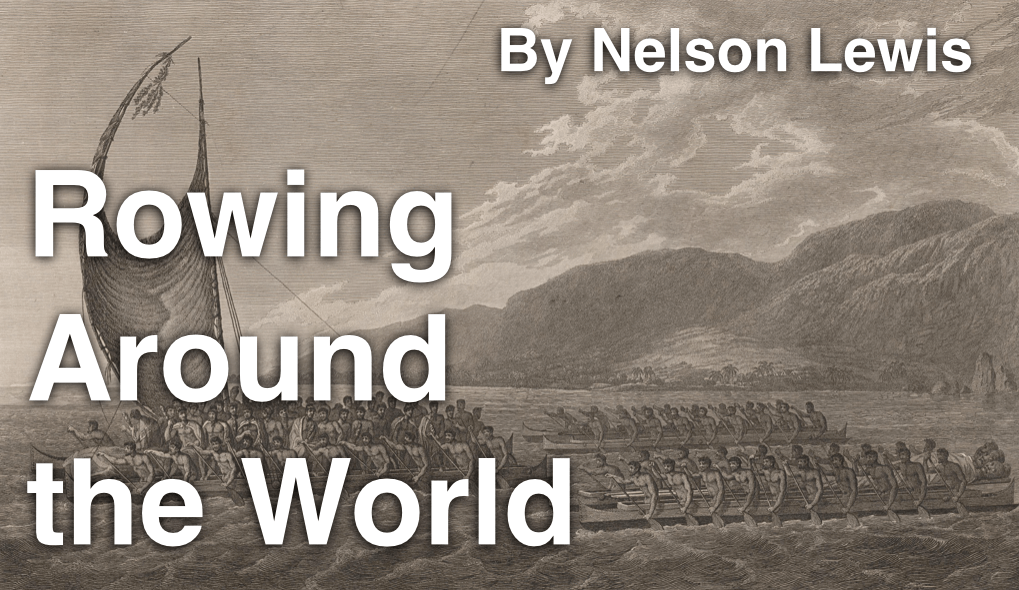
Rowing Around the World
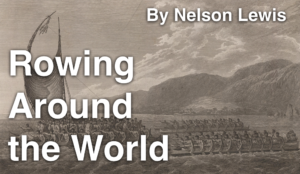 Some 3,000 years ago, migrants out of Taiwan left in large boats to make their homes in the islands of the Pacific: New Zealand, Samoa, Tonga, Hawaii and Tahiti, to name a few. Their descendants multiplied, and thus the Polynesian race was born. Back in 2014, a group of Hawaiians departed their native island in a traditional Hawaiian deep-sea canoe, modeled after those that their ancestors used thousands of years earlier. Their goal has been to bring attention both to our oceans and the culture of the crew members’ native Hawaiian culture. The boat, Hokule’a, made its way into New York’s harbor on Wednesday for World Oceans Day, where the crew was welcomed by UN Secretary General Ban Ki-moon.
Some 3,000 years ago, migrants out of Taiwan left in large boats to make their homes in the islands of the Pacific: New Zealand, Samoa, Tonga, Hawaii and Tahiti, to name a few. Their descendants multiplied, and thus the Polynesian race was born. Back in 2014, a group of Hawaiians departed their native island in a traditional Hawaiian deep-sea canoe, modeled after those that their ancestors used thousands of years earlier. Their goal has been to bring attention both to our oceans and the culture of the crew members’ native Hawaiian culture. The boat, Hokule’a, made its way into New York’s harbor on Wednesday for World Oceans Day, where the crew was welcomed by UN Secretary General Ban Ki-moon.
The name of the ship means “star of gladness” in Hawaiian, and the navigator Nainoa Thompson has called the ship “the vehicle of our [Polynesian] ancestors”. The 41 year-old canoe has stopped in about 65 ports in 14 countries since the start of its voyage, but this marks its first visit to New York City. The crew wants to build awareness about what they value, namely their Polynesian legacy and the oceans. Instead of using modern navigation charts, the crew has been using mainly the sun, stars, ocean waves and cloud movement to navigate from port to port. So far more than 200 volunteer crewmembers have rotated through the 12-crew canoe, most of them committing to five-week stints. While the crew typically uses nature to navigate its way around the world, they’ve also been using instruments to navigate more complicated places, such as New York City and the Great Barrier Reef.
Since setting sail two years ago, the crew has visited French Polynesia, the Cook Islands, Samoa, American Samoa, Australia, Indonesia, Mozambique and South Africa. Later this year, they plan to visit Brazil, Cuba and Washington as well. In the upcoming year, their agenda will include Panama, Costa Rica, the Galapagos and Tahiti.
When you read in a history book about various things that were done in the past, it can be easy to trivialize their value, or not realize how monumental they truly were. For a group of tribesmen from Taiwan, who had probably never been beyond their native island, to get into canoes to traverse the largest ocean in the world and colonize the islands there, is an astounding accomplishment that is almost impossible for modern humans to comprehend. This voyage offers a perspective as to what these ancient people had done, helping us better understand the history that makes us.
About Nelson Lewis
An exposure to politics at a young age had a profound effect on media maven Nelson Lewis, who worked as a volunteer for numerous Republican politicians in and around his native Savannah. Nelson worked as a reporter and eventually anchor at two Savannah television stations growing up, WJCL ABC-22 and WTGS FOX-28, also recording voice teasers for airing on Fridays on WJCL-FM KIX 96 and previewing his upcoming stories, which aired on the Sunday evening news.
One of Nelson’s favorite experiences at WJCL was reporting live from the St. Patrick’s Day Parade (America’s second largest) from 1998-2000. Continuing in the spirit of his grandfather’s pioneering and trailblazing footsteps (he was the first to bring all-color television and stereo to the Savannah market), Nelson became the first person in Savannah market to bring a kid’s perspective to local news as its first youth reporter. In fact, one of the competing stations, WSAV NBC-3 hired their own youth reporter, Sean Champion, 18 months after Nelson began his reports and WJCL/TGS’s ratings dramatically increased.
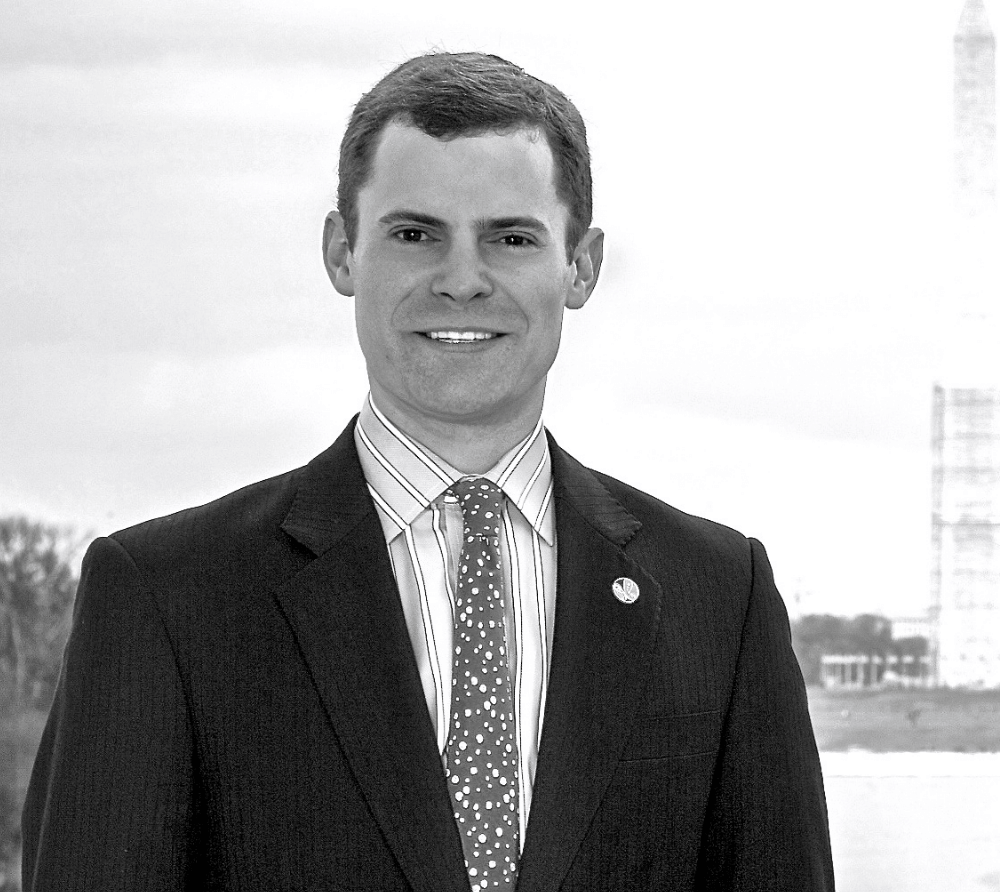
Work In Political Media
While a sophomore and junior at Lynn University, Nelson Lewis hosted “Politijam”, a lively political debate show that became well known across the university campus and served as the media editor of the univeristy’s weekly EPulse newspaper. While at Lynn, Nelson was selected to represent the entire undergraduate student population as a member of Lynn University’s Academic Task Force, charged with the duty of streamlining the core curriculum of the universities.
While attending Lynn’s College of International Communication, Nelson developed a friendship with Irving R. Levine, a well-known and nationally recognized correspondent for NBC News who became the network’s first full time economics correspondent, and was the creator of the precursor to CNBC. After a 45-year career in journalism, Levine went on to become Dean of Lynn’s communication program. After finishing college, Nelson Lewis followed Levine’s suggestion and moved to Washington, DC where his first job was as a press intern for a Republican congressman, which then led to a job booking at the Fox News Channel from 2006-2010. Here, he was able to put his love of politics and interest in the Republican Party to good use.
Upon the suggestion of Mr. Levine, Nelson Lewis enrolled in the Masters of Professional Studies in Journalism (International Politics) program at Georgetown University in 2009, where a special emphasis was placed on the dissolution of America’s Fairness Doctrine and on the major player in its demise, Bruce Fein.
Nelson was honored to be invited to speak at a roast honoring Levine’s 2009 death at the National Press Club, where he spoke alongside Levine family members and contemporaries such as former Meet the Press Moderator Marvin Kalb. He subsequently wrote a letter to the editor published in The Hill newspaper eulogizing Levine as a “top-notch raconteur” who many others have tried to emulate.
From his work at Fox News, Nelson Lewis was able to take a firsthand role in the DC journalism scene, and was blessed with the opportunity of meeting entertainment, political, and academic luminaries on a daily basis, including numerous sitting and former representatives, senators, governors and cabinet secretaries. These unique experiences gave Nelson a front row seat to many historic events and gave him a firsthand experience of how the Washington system works, from how laws are created to how news is made.
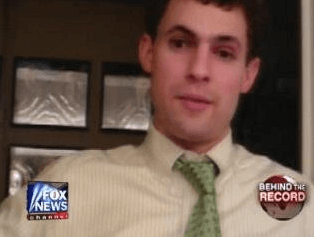
Through Nelson Lewis’ work creating Her Golf Network, coupled with his extensive booking experiences in segment producing gained at America’s highest rated cable news channel and through his time performing key internships at places such as WPBT’s Nightly Business Report in Miami, where he honed his scriptwriting skills, and at WTOC in Savannah, where he provided copyediting and on-site production assistance at the 2004 Sea Island G-8 summit, have provided him with a solid foundation and understanding of the news business. His time as a reporter/anchor growing up prior to his undergraduate studies helped him get an early start at doing what he loves most, reporting.



